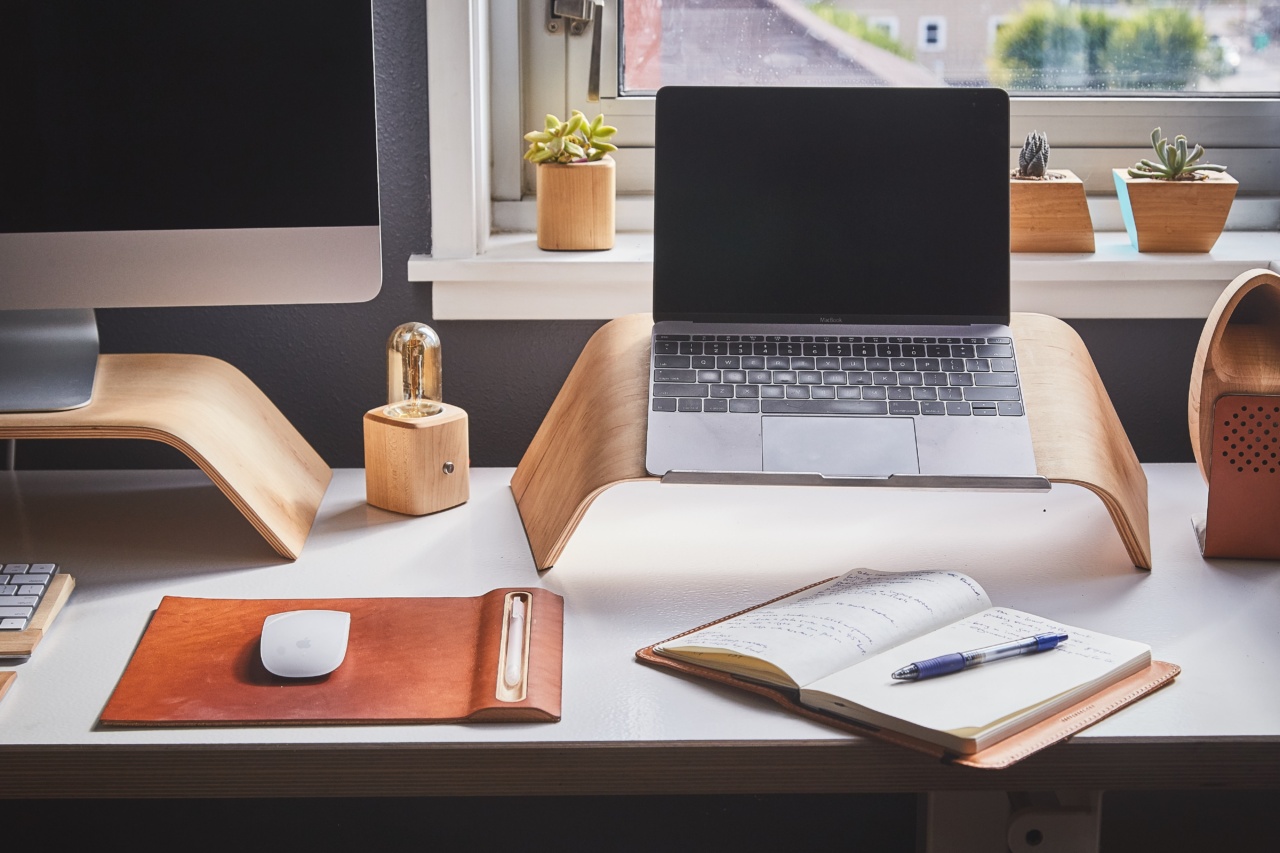With the rise of remote work and flex schedules, more people than ever before are working from home.
While this shift has plenty of perks—it saves on commuting time and gas, for starters—it also means that people are spending more time in their homes than ever before. And as we’ve all learned too well lately, that can come with its own set of risks (read: germs).
But don’t stress. With a few precautions and best practices, you can protect yourself and your health while working from home. Here’s what you need to know.
1. Keep a Dedicated Workspace
The beauty of working from home is you can do it from practically anywhere—a cozy armchair, your bed, or even your kitchen table. But sitting in the same spot all day can lead to poor posture, excess strain on your eyes, and other health problems.
Worse still, if you’re working in your sleeping space, you might find it difficult to separate work life from personal life.
To avoid these pitfalls, set up a dedicated workspace that is separate from the rest of your living space. Ideally, this should be a quiet, private spot where you can focus without interruption.
Invest in an ergonomic chair, adjust your monitor to the right height, and make sure you have good lighting.
2. Take Frequent Breaks
Another risk of remote work is that you may be tempted to work longer hours than you would in a traditional office setting. Without a boss or colleagues to remind you to take five, it’s all too easy to skip breaks altogether.
But doing so can lead to burnout, increased stress, and a host of other health problems.
To stay healthy and productive, make a point of taking breaks throughout the day. To avoid getting sucked into social media or other distractions, set a timer for 15 or 20 minutes.
During this time, get up, move around, stretch, and take a few deep breaths. This will help you stay focused and energized throughout the day.
3. Clean and Disinfect Your Workspace Regularly
Just because you work from home doesn’t mean you’re safe from germs. In fact, your home office may be even more susceptible to crumbs, dust, and other debris than a traditional workplace.
To avoid getting sick, make a point of cleaning and disinfecting your workspace regularly. Wipe down your mouse, keyboard, and other surfaces with a disinfecting wipe each day, and keep hand sanitizer nearby. This will help reduce your risk of catching colds, flu, and other illnesses.
4. Take Care of Your Mental Health
Working from home can be isolating and lonely, especially if you’re used to working in a bustling office environment. To avoid feeling disconnected and overwhelmed, make sure to prioritize your mental health.
Reach out to friends and family regularly, take breaks throughout the day to stretch or move your body, and consider meditating or practicing yoga. If you find yourself struggling with feelings of anxiety or depression, reach out to a professional for support.
5. Get Enough Sleep
When you’re working from home, it can be tempting to stay up late and sleep in an extra hour or two. But just like in a traditional office setting, getting enough sleep is critical for your health and wellbeing.
Aim for seven to eight hours of sleep each night, and avoid working from bed. Instead, create a dedicated work area and stick to your schedule as much as possible.
6. Stay Active
Finally, staying active is key for your physical and mental health. If you’re used to walking or biking to work, try to incorporate some form of exercise into your daily routine.
This could be as simple as doing a quick workout video on YouTube or taking a brief walk around the block during your lunch break. Whatever you do, make sure to get up and move your body throughout the day.
The Bottom Line
Working from home can be a great way to boost productivity, reduce stress, and save time. But it’s important to take care of yourself while doing so.
By following these tips, you can protect your physical and mental health while still enjoying the perks of a remote job.






























